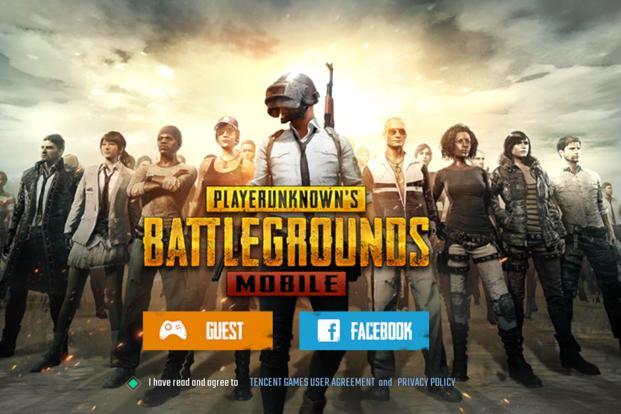Bhubaneswar: It was in the 2000s that online gaming started becoming popular and thus studies of gaming addiction began focusing mostly on the appeal, neurobiological correlation and phenomenon of Internet.
In 2018, it is PlayerUnknown’s Battlegrounds, famously known as PUBG, which has got millions hooked to it.
PUBG in the smartphones is all the rage in today’s tech savvy world. The craze is testified by the fact that the game has been downloaded over 50 million times since its release in December last year. The game can be played in all formats such as PC to Android and iOS devices. To play the game you have to login using your Facebook account. The game’s multiplayer format enables you to connect with 15-20 people, online, at any given time of the day, even late at night. As the saying goes, “The more the merrier.”
Recently, a 15-year-old boy in Bangalore is being treated for addiction to the particular game which puts the question how much gaming is enough? The boy would play till late night and started missing school. Joined with over 10,000 players, he hardly had any care and connection with the real world. However, the bone of contention is not that he is addicted to it but his denial to the fact that he is indeed addicted to the game exacerbates the problem.
Orissa POST interacted with some of the city-based gamers, doctor and fitness expert to elicit their views on this growing rage of PUBG.
For gamer Deeptimay Routray, PUBG is much similar to the movie The Hunger Games, starring Jennifer Lawrence in the lead role, in which children from 12 districts are selected to participate in a compulsory televised annual death match called The Hunger Games. “The only difference is here you won’t be tamed or enslaved, here you can be the master of your destiny,” he said. “You along with several others are on a deserted island and you will have to kill each other until one player or a team is left. Meanwhile, you will be collecting medical kits, health packs, guns and armour to survive,” he added. Routray highlighted that it was the multiplayer format which attracted the gamers the most. While playing the game, Routray discovered one Odia guy and felt a “connect”.
“It’s very addictive because you can team up with real friends and play. Moreover, it was through the live-voice chat feature that I found an Odia guy playing,” he added.
Routray was taken aback by the real-life locations in the game such as the mountains, the sea, and hills and most importantly the threat which always keeps lingering. “When we watch movies, especially action ones, we try to place ourselves in the place of the protagonist, imagining what we would have done to get out of the situation,” he said, adding, “This (PUBG) is the place to find out.”
Another gamer Abhinab Das said the addiction to PUBG game is different from other games such as the infamous Bluewhale game which was targeted solely towards children who were suffering from depression. “PUBG is fun and is made for everybody, be a male or female,” he added. He termed the game “a perfect time killer.” About addiction, he acknowledged that the game is indeed addictive. “Yes! I get hooked to it. Just like me, many plug-in their earphones and play it for hours and hours straight. Even if they get calls on their phones, they don’t receive them, fearing that they would lose their life (laughs),” Das said. However, he agreed that we should refrain ourselves from being taken over by the mystique nature of the game as the virtual world may affect our real life. “Self-control is the key to balance your life with the excitement of the game,” he added.
Fitness expert P Ranjan Rout said that playing such games continuously can lead to obesity. “You are sitting ducks!” he exclaimed. “Exercises such as running, jumping and playing outdoors are must for a healthy life so that during your declining years you aren’t restricted to your rocking chair,” he added.
Dr Anil Dayal lamented that the youth is wasting its precious time playing PUBG. “It (PUBG) affects their daily routine. They lose precious study time, their grades at schools and colleges get hampered,” he said.
He informed that the World Health Organisation (WHO) has recognised gaming as a disorder in the International Classification of Diseases. It may be the most downloaded game but medical science is always against video games, he added. Playing video games has numerous domino effects, for instance lack of physical activity can cause muscle pain, obesity, negative behavioural changes, changes in physical appearance, sleep disorders and sometimes even seizures. He highlighted that biggest threat is that the gamers live in a virtual world. “Do they really have 10,000 friends, I would be surprised if after their hibernation mode, they have a single human connection left,” he said.
Arindam Ganguly, OP
